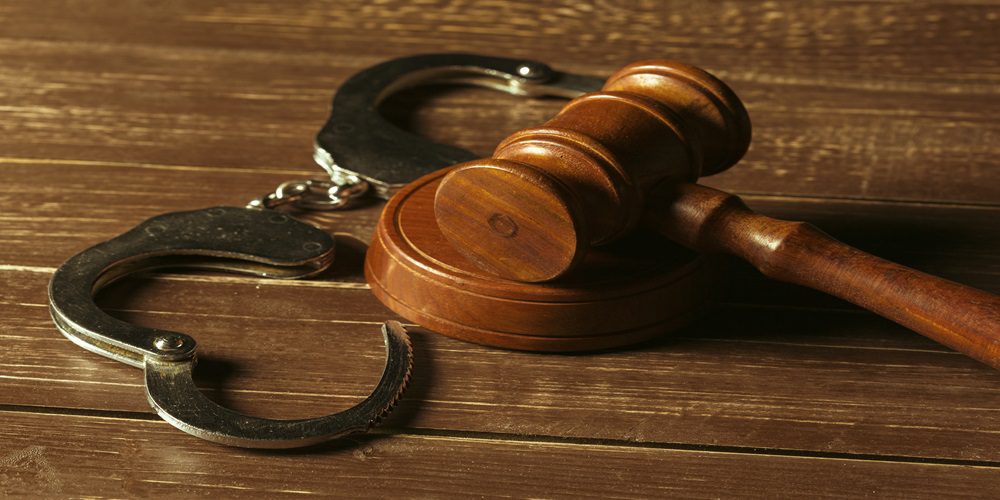Have you ever considered what happens to people after encountering the law? When a person gets into trouble, leading to a criminal record, some penalties can also come up during the process. In such a situation, look for a legal specialist like a drug offence solicitor in London. Here are some aspects one might not notice in criminal convictions.

Types of Convictions
1. Violations/ Infractions
Violations are like speeding or parking illegally. Penalties for violations include fines, points lost from your driving license and warnings. Generally, these consequences are less severe than felonies or misdemeanours.
2. Misdemeanors
These are more significant than violations but lesser than felonies; they could involve shoplifting and simple assault.
Misdemeanors usually have various degrees depending on their severity. They can be classified as class A, B and C misdemeanours. The sanctions imposed for misdemeanour convictions range from fines through probation periods to short jail terms.
3. Felonies
Felonies refer to serious criminal offences like murder or armed robbery. They impose stricter punishment and consequences on those found guilty than violations or misdemeanours.
The potential outcomes of felonies include long-term imprisonment, hefty amounts of money as fines or even life sentences in jails. Felony convictions have significant implications for someone’s life.
Effects of Prior Records
Whether someone has committed a felony before can significantly influence how courts sentence them for another crime. Judges may sentence repeat offenders harshly.
For example, someone who had previously committed a felony might face an elongation of their sentence if he were to commit another one due to his delinquency history. It becomes worse when the person reoffends with similar crimes.
Five Common Hidden Penalties of Criminal Convictions
1. Fewer Job Opportunities
This comes about because a person with a criminal record may find it hard to secure employment. In light of this, some employers do not want criminals in their companies, thus limiting the chances of one getting employed.
2. Problems Renting Places
Finding an apartment or house to rent can be problematic for people with crime records. Possible landlords might deny those suspected of engaging in crime access to leaseholds. This factor makes them unable to obtain permanent housing quickly.
3. Voting Rights Taken Away
Residents convicted of crimes lose some voting rights in certain places. Thus, they cannot participate in elections or express their views concerning municipal governance.
4. Curtailed Government Assistance
Certain government benefits may have restrictions on persons with criminal records. Accordingly, if they ever require help, these individuals cannot tap into emergency welfare systems.
5. Social Stigma and Isolation
If society discovers or suspects that someone used to be a delinquent, it would isolate and stigmatize such criminals. Consequently, individuals always feel lonely and have no peace within themselves or with others around them.
Conclusion
Getting into trouble or committing an offence often carries more than just courtroom fines. A person found guilty of a crime might have difficulty securing a job or housing and may be prohibited from participating in upcoming elections. These hidden punishments can make life after conviction difficult. It is essential, therefore, that we understand these difficulties and offer our support to those who are earnestly making attempts to rebuild their lives. For more information or consultation on this issue contact criminal law expert.